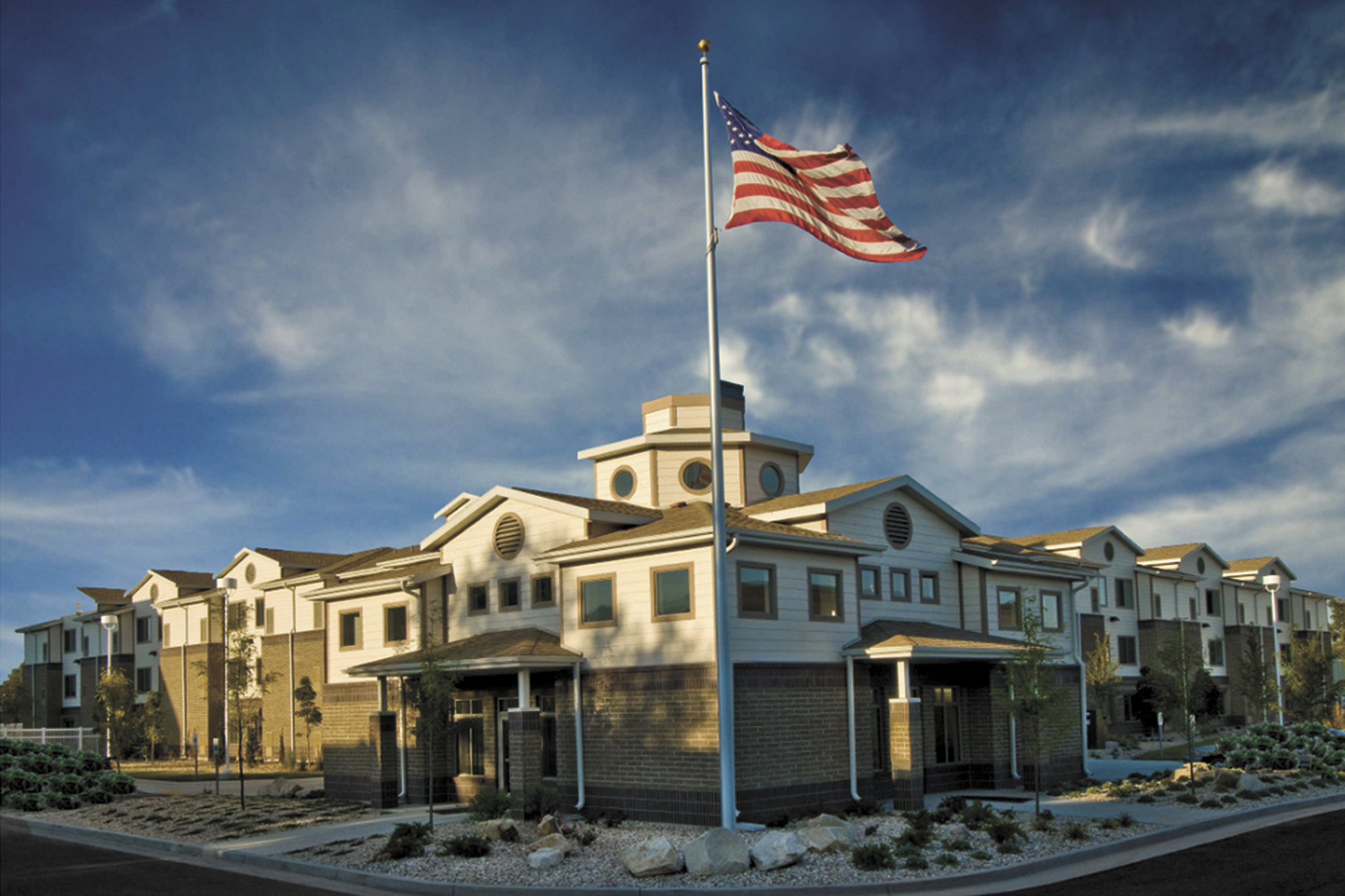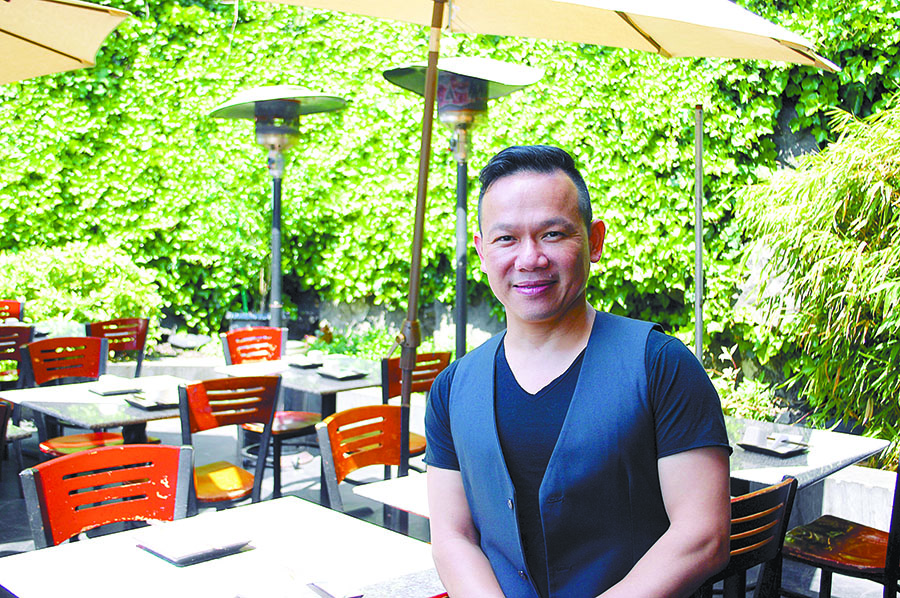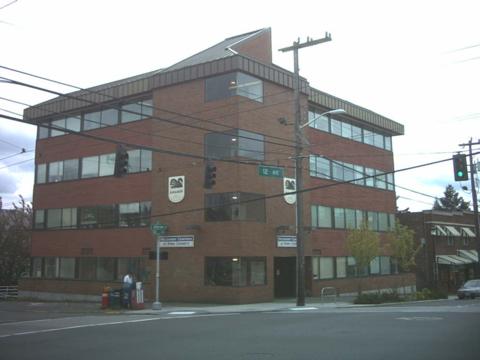On Dec. 2, nearly 50 activists braved freezing temperatures to attend a meeting of Woodland Park Zoo’s Board of Directors. They had come to discuss the zoo’s well-publicized decision the month before to close the elephant exhibit, and to demand that the two solitary Asian females, Bamboo and Chai, be sent to a wildlife sanctuary and not another zoo.
Only 16 members of the public were allowed to enter the meeting, held in a small classroom, and not a single media representative. “We had more people come than we’ve ever had before. Usually we have nobody come or two to three people,” an apologetic Deborah Jensen, Woodland Park’s CEO, said at the time. “We did our best to accommodate the crowd, but it was an unexpected number of individuals and we didn’t have enough space.”
“This is not an apology, it’s an excuse,” state Rep. Gerry Pollet tells Seattle Weekly. “The press and public should never be barred from meetings where decisions are made with taxpayer resources at stake. They were making decisions on these elephants without letting the public know what facts or evidence they were basing their decisions on.”
Adds Pollett, “Governments should not escape public and news scrutiny by turning operations with public money to a private board.”
According to the Zoo’s website, public funding sources provide 30 percent of the zoo’s support, including City of Seattle and King County Parks Levy.
The Seattle Democrat intends to propose legislation in January to open up the meetings and records of private boards that carry out governmental functions while using public monies to fund their operations, such as the zoo. “The situation at the Woodland Park Zoo is merely a symptom of a larger issue. Any other position is simply undemocratic and inconsistent with our belief in open governance.”
Pollet argues that if the City of Seattle was still running the zoo, the public and news reporters would have had the legal right to observe the entire discussion of the City Council or Parks Board. Instead, the public and media were denied the right to observe how and why key public decisions were made, which, Pollet said, runs counter to the intent of Washington’s Open Public Meetings law.
Pollet’s bill also would require that official advisory committees of state and local government meet in the open, with advanced notice and that the public be allowed to observe in compliance with the Open Meetings Act. It will also require records of private boards, to whom a government turns over a governmental function with public money, will continue to be available to the public and news media under the public records act for those governmental functions.
Alyne Fortgang, co-founder Friends of the Woodland Park Zoo Elephants, was supportive of Pollet’s bill and said in statement issued today, “While we are worried about the future of the elephants at the zoo, we have become highly concerned with the idea that local governments could turn over public operations and public funding to entities, like the zoo, who believe themselves free from taxpayer scrutiny in their decision making.”
econklin@seattleweekly.com








